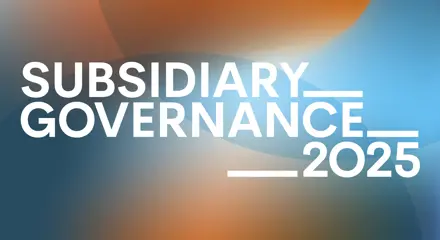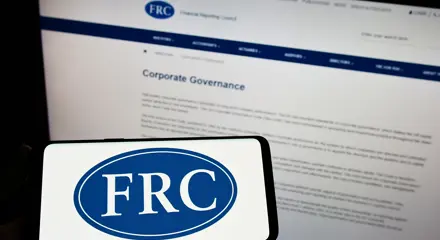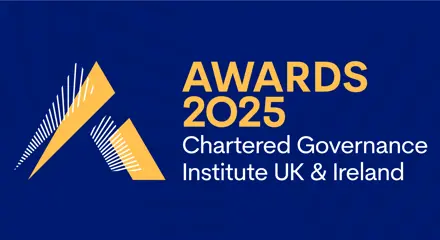About Us
Established in the early 1980's, we provide continuing professional development and networking opportunities for the Institute's members and students living in The Isle of Man. Our events are also open to free subscribers and non-members who would like to learn more about the Institute.
The aims of the branch are:
- To support continuing professional development and networking opportunities.
- To promote the profession in the Isle of Man.
- To support and encourage our students.
Wellbeing
How are you? No, How are you really? It is a question that is often asked without thought, the reply never a full answer. Over the coming months we will be addressing mental health and the stigma surrounding it that still exists today. Mental Health is regularly in the news and can have a huge impact on our everyday life. Even living on the Island, we are aware of the impact mental health has on our community.
It is with that in mind the Council resolved to establish a Wellbeing Committee which was approved at the recent AGM. To launch the Committee we asked Isle Listen to give a presentation to members on stress, how to recognise warning signs and how to deal with excessive levels of stress. We do not want this to be a one off presentation and would like to build on it to issue regular updates to members and provide information on how we can all look after our mental health better, together with providing helpful links to other help that is available on the Island.
Upcoming events

Subsidiary Governance Conference 2025
Latest Blogs

The Institute's Response to the UK Stewardship Code Consultation

Meet the team

Juan Moore ACG

Jacqueline Fergusson ACG
Committee Members
Committee members
- Sarah Spurdens ACG (Treasurer)
- Francesca Epifani ACG
- Fiona Quayle ACG
-
Zoe Ludford Brooks ACG
Student committee
- Emily Lightfoot CG (Student representative, Wellbeing Committee member)
- Ashleigh Yates (Student representative)
Contact the Isle of Man branch
For membership and study enquiries please contact the student and membership team:
For branch support and event queries please contact the branch support team:
For general enquiries please contact the general support team:


